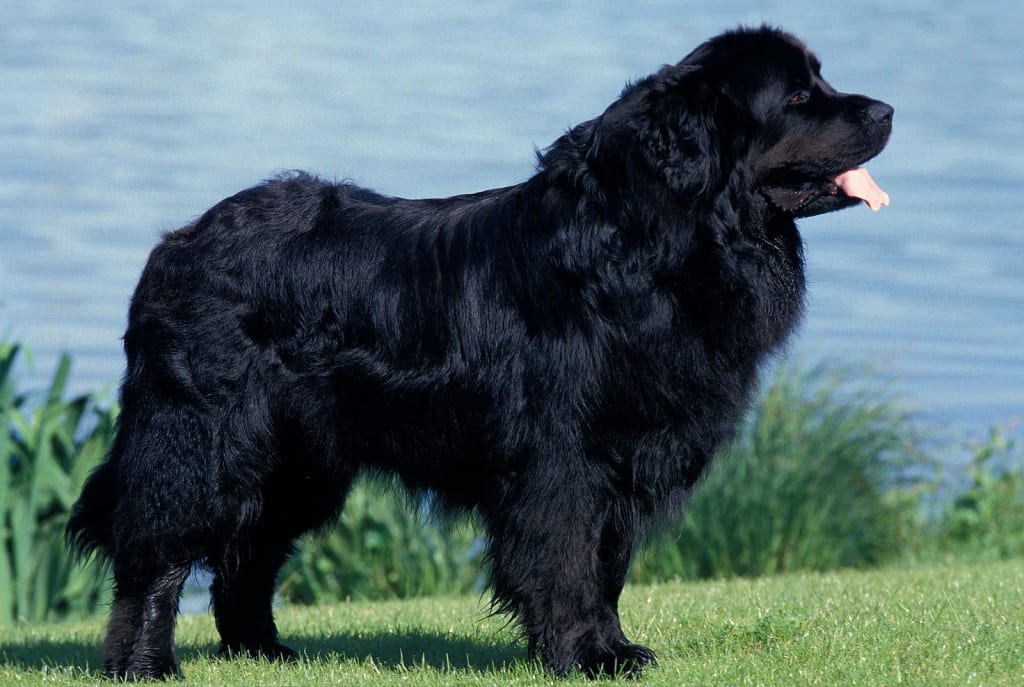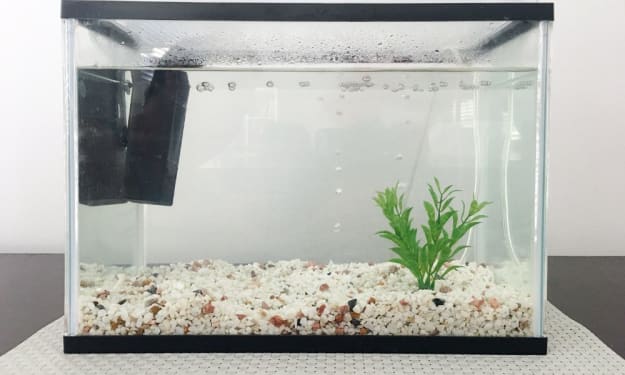The Majestic Newfoundland: A Gentle Giant Among Water Dogs
Mastering the Waves: The Newfoundland Dog's Journey from Maritime Rescuer to Family Guardian

Introduction: The Remarkable Newfoundland
The Newfoundland, affectionately known as "Newfy," is a breed celebrated for its substantial physical presence and profound capacity for rescue and companionship. These dogs have carved their niche in history and the hearts of dog enthusiasts by combining immense strength with a deeply ingrained nurturing instinct, making them not only ideal for rescue operations but also as beloved family members.
Historical Significance: The Newfoundland's Heroic Past
Newfoundlands have a storied past filled with maritime heroism. Their most notable achievement includes the rescue of Napoleon Bonaparte when he fell overboard during his return from exile on Elba. These dogs have been integral to water rescue operations, serving as lifeguards capable of saving multiple people from drowning—a testament to their bravery and swimming prowess. Their legacy as rescuers is long-standing and continues to be a defining trait of the breed.
Breed Origins: The Mystery of the Newfoundland’s Ancestry
The exact origins of the Newfoundland are surrounded by mystery and intriguing theories. The most popular theory suggests their descent from the Great Pyrenees dogs, brought over by Basque fishermen in the 15th century and later mixed with Mastiffs or French Hounds. This mix aimed to enhance their size and strength, crucial for their roles in cold and harsh maritime environments. While their evolution is documented primarily in Newfoundland, Canada, their European ancestry significantly contributes to their genetic makeup and capabilities.
Physical Characteristics: A Dog of Heroic Proportions
Characterized by their impressive size, Newfoundlands can reach up to six feet in length from nose to tail and weigh as much as 260 pounds. This size provides them with buoyancy and strength necessary for rigorous water rescues. Their muscular build helps them tackle rough waters, and their thick, oily double coat provides insulation against frigid temperatures. Additionally, their webbed paws enhance their swimming ability, allowing for powerful strokes, making them highly efficient in water rescue operations.
Unique Physical Traits
Beyond their size, Newfoundlands are known for their unique color patterns and facial features. Their coats come in black, brown, gray, and white with black markings, commonly known as Landseer. Their deep, soulful eyes and droopy lips and jowls create a distinctive expression that adds to their gentle appearance. These physical attributes not only contribute to their aesthetic appeal but also serve functional purposes, such as their droopy lips and jowls, which help them breathe more effectively during water rescues.
Health and Maintenance: Caring for a Giant
Owning a Newfoundland requires awareness of their health challenges. Their large frame predisposes them to joint issues, such as hip and elbow dysplasia, especially if not maintained at an appropriate weight. Grooming is also a considerable task due to their thick, long fur, which requires regular maintenance to prevent matting and manage shedding. Owners should also be prepared for their propensity to drool, especially after drinking water or during meals.
Ideal Environments: Adapting to Various Lifestyles
Despite their size, Newfoundlands can adapt to a range of living conditions, including apartments, provided they have ample space. They thrive in environments that offer regular exercise and mental stimulation. However, their thick coat can be a disadvantage in warm climates, posing a risk of overheating. They are better suited to cooler environments where they can comfortably engage in physical activities without the risk of heat exhaustion.
Training and Temperament: The Newfoundland’s Learning Prowess
Training a Newfoundland is a rewarding experience due to their intelligence and eagerness to please. They respond well to positive reinforcement and consistent training methods, excelling in obedience and specialized training like water rescue. Their temperament is one of their most cherished attributes; they are known for being gentle, patient, and protective, especially around children, making them ideal family pets.
Socialization and Interaction
Newfoundlands are naturally friendly and sociable dogs, but like all breeds, they benefit from early and ongoing socialization to prevent any shyness or reserve around new situations or people. Their friendly demeanor makes them excellent companions for other pets and ideal candidates for families with children, where their protective instincts and patient nature truly shine.
Conclusion: Is the Newfoundland the Right Dog for You?
The decision to adopt a Newfoundland should not be taken lightly. Prospective owners must consider their physical needs, potential health issues, and the time required for grooming and exercise. They are best suited for families that can provide a spacious living environment, plenty of exercise, and, most importantly, a lot of love. For those who appreciate a dog that combines the heart of a guardian with the gentleness of a companion, the Newfoundland offers an enriching experience and an unparalleled addition to the family, rewarding dedicated owners with loyalty and affection unmatched by many other breeds.
About the Creator
Sally A
Animal lover 🐾 | Health enthusiast 💪 | Self-development junkie 🌱 | Beauty explorer 💄 | True crimes & mystery enthusiast 🕵️♀️ | Let's journey together! 💫
Enjoyed the story? Support the Creator.
Subscribe for free to receive all their stories in your feed. You could also pledge your support or give them a one-off tip, letting them know you appreciate their work.






Comments
There are no comments for this story
Be the first to respond and start the conversation.